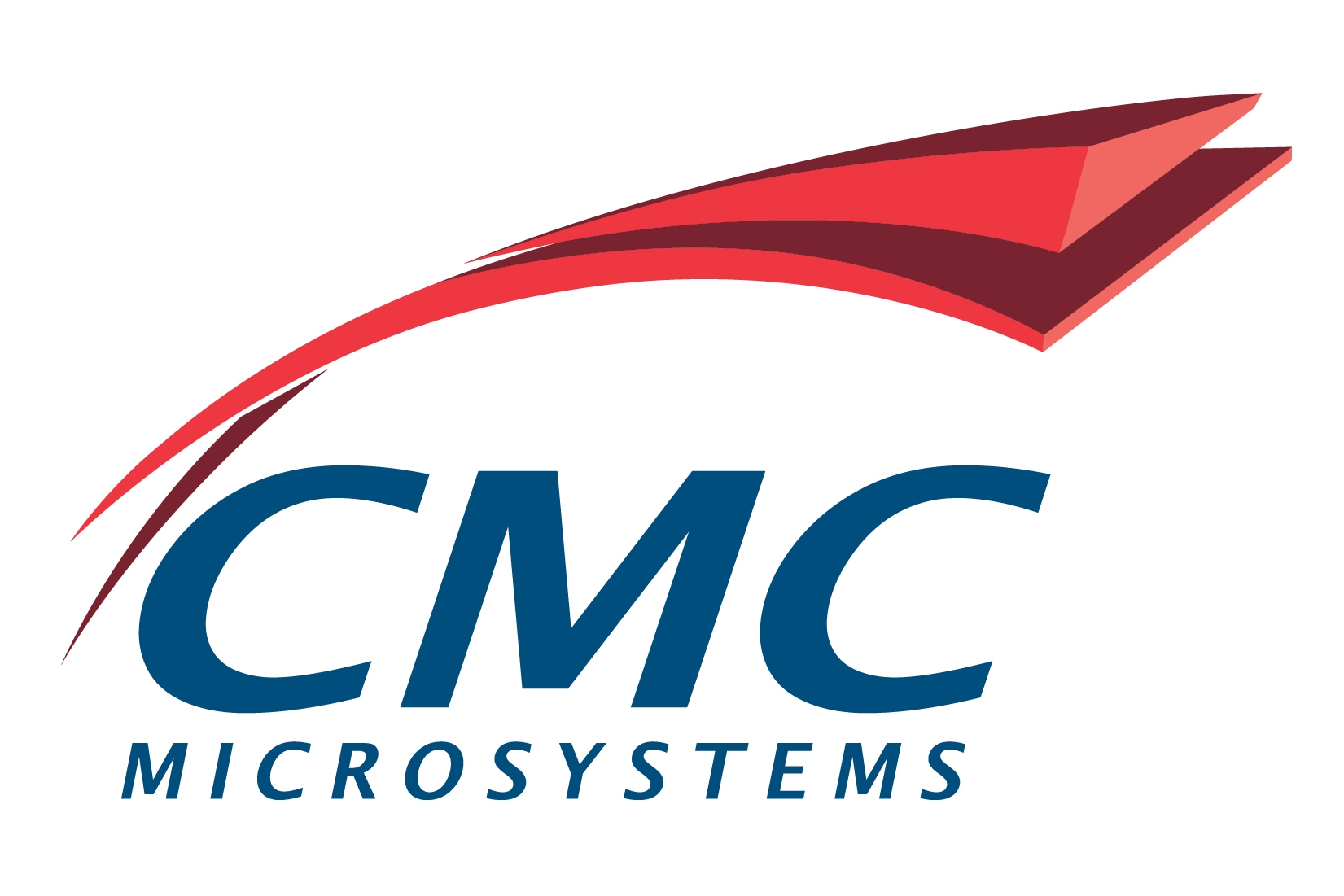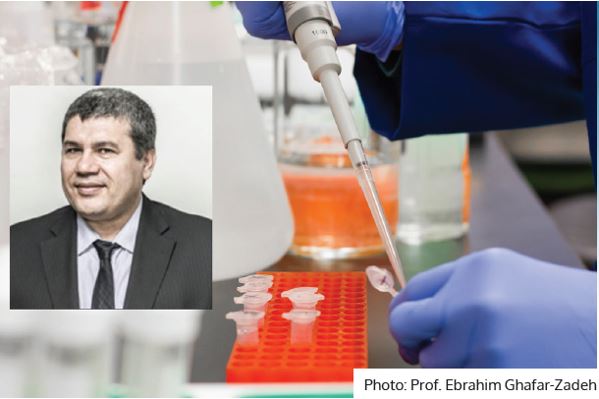Professor Ebrahim Ghafar-Zadeh of York University has always combined biology and engineering in his research on biosensors. As Director of the Biologically Inspired Sensors and Actuators Laboratory, at York’s Lassonde School of Engineering, he has a proven track record in multidisciplinary research and bringing together experts from different fields.
The global COVID-19 pandemic presents a new challenge for him and his team to develop fast, reliable, and inexpensive testing technology to help control the spread of the disease through a simple saliva test. This would provide near-instant results without relying on laboratory diagnostics or invasive procedures. With research colleagues, Dr. Michael Glogauer from the University of Toronto, (Dentist-in-Chief of the University Health Network and expert in oral innate immunity) and Prof. Amir Sanati Nezhad from the University of Calgary (expert in integrated bioinspired microdevices using microfluidics) the team was initially looking for ways to identify periodontal and cardiovascular diseases. As the pandemic struck, they quickly and seamlessly shifted their focus to the SARS-CoV-2 virus.
Human saliva is a complex fluid that contains neutrophil cells, which are a key component of white blood cells (WBCs). The body produces WBCs to fight infection, so neutrophil cells in saliva hold important clues as to the presence and characteristics of infection.
Separating neutrophil cells from saliva is a costly and time-consuming process. The team is aiming to perform tests for about $1 with results in less than two minutes with the help of machine learning and advanced biosensor technology.
“Our platform will be highly portable and able to reach vulnerable and populations across Canada and around the world”
By leveraging imaging with machine learning and artificial intelligence technologies, Prof. Ghafar-Zadeh is on the cusp of being able to identify COVID-19 characteristics in neutrophil cells present in saliva. “Neutrophil cells do not contain biological markers of specific diseases” explains Prof. Ghafar-Zadeh, “however analyzing many, many images of samples of cells present in COVID-19 patients, machine learning is able to recognize characteristics of the virus so it can be identified with precision.”
Another avenue the team is exploring to develop the test is through microelectronic sensors, namely the open JFET which has a very high sensitivity for these kinds of analyses. CMC has helped Prof. Ghafar-Zadeh by providing access to both machine learning and open JFET sensing platforms to facilitate his research. In addition, CMC has provided Prof. Ghafar-Zadeh with highly qualified researchers Abbas Panahi and Hamed Osouli Tabrizi, and postdoctoral fellow Shahin Ebrahimi. Thanks to our partnership with Mitacs and their Accelerate research internship program, graduate students and postdoctoral fellows with specialized expertise have been gaining valuable experience with CMC and are now part of Prof. Ghafar-Zadeh’s research team. Also on the team is Negin Masoudifar, his former Master’s student in biology and current research assistant.
Another advantage for the team is that the platforms provided by CMC are all accessible through the cloud. Partnering with SOSCIP has also supported Prof. Ghafar-Zadeh’s use of advanced cloud-based platforms. With the research team spread out across Canada, cloud accessibility has proven invaluable to overcome physical distancing requirements and allow the research to continue.
“Fast, reliable and inexpensive testing is an important tool in the fight against COVID-19. Our platform will also be highly portable and able to reach vulnerable and populations across Canada and around the world” said Prof. Ghafar-Zadeh. He expects regulatory approval for the test by late 2020.
Photo Credit: Ebrahim Ghafar-Zadeh
November 2020

